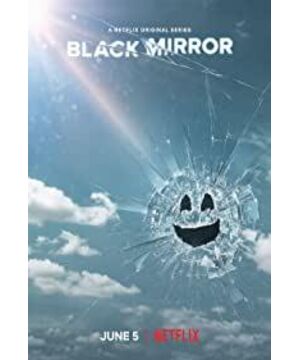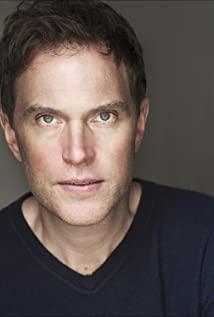Technology allows mankind to overcome obstacles in the long-distance conquest of the world, but it also devours the dream of idyllic songs like a flood of beasts. People enjoy the prosperous society under consumerism, but they always refuse to forget the curse of consumerism that corrodes the soul. Worries about the loss of human beings under technology and consumption are like a lingering specter, turning into complaints and prophecies full of horror and sighs in literary and artistic works.
Much of this concern stems from the path to enslavement that technology brings when it falls to dictators or big corporations or even robots. People have lost their free thoughts and personalities, and their value as human beings has been reduced to a string of numbers or a cramming skin, keeping a world run by a few people at the top of the food chain - whether it's riding a bicycle or being thrown into the generator.
The most frightening and desperate thing about this possibility is that it is not the conspiracy of a small group of people, but the conspiracy of the majority. Even if all corporations and totalitarians take "Don't be evil" to the right, they can't resist the utopian siren-like singing and the Trojan horse in human nature. The power of temptation is the invincible weapon, and everyone is happy and entertained to the death.
Of course, according to the routine of literary and artistic works, there will be some human beings who are unwilling to perish, unwilling to surrender to this fucking world, and Don Quixote bravely tries to maintain the truth and desires of the past. For example, the male protagonist devoted all his energy to helping girls with natural singing voices to participate in reality shows, for example, the people in Zion resolutely took the red pill and lived a dark life underground, but the world wrapped in a black mirror-like screen blocked the hero and the savior. Illusion, more real and desperate.
The heavenly singing pays homage to a time gone by, but eventually turns into horny moans in erotic shows for human consumption. The male protagonist's anger is like a fight between beasts in a cage, but the opportunity to counterattack in exchange for hard work and courage was parried and resolved lightly. But it is not the tragic and solemn Prometheus that strikes the audience's heart, but the rebel has become what he opposes.
His counterattack turned into a brilliant performance, his rebuke became a drain for vague dissatisfaction in the public's heart, and the weapon he used to self-determination became a symbol of consumption and a sacred artifact of inspiration. You want to talk to the world, and the world turns your resistance into an exhibition, happily collecting tickets and earning a lot of money.
It is a system that governs everything. It defines your lifestyle, it defines your struggles and dreams. It keeps telling you what a coveted overnight success is and what a shameful debauchery is. It assigns a value to each activity, using ranking points to divide the lemon-yellow-clad janitor, the car-riding general public, and the handpicked superstars. And you, without a voice, cannot define yourself and beauty. You are just a little bit of code. Trying to resist is just a small bug, the system needs only a few fixes to make it compatible with you. The sun rises as usual, and the system operates as usual.
It's an eerie suggestion that your life is projected in a black mirror. The best strategy is to enjoy it all, no matter how much you convince yourself to be at peace. Moreover, as long as you sweat on your bike, it can also give you success and get people's envious eyes.
This fucking world is so beautiful, why don't you surrender to it?
View more about Black Mirror reviews










